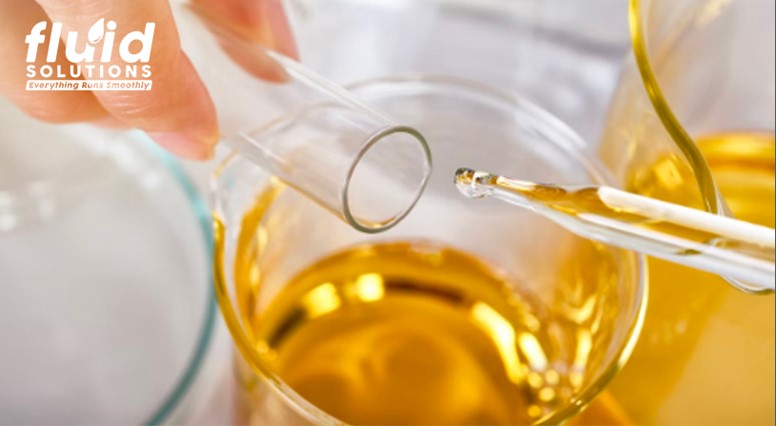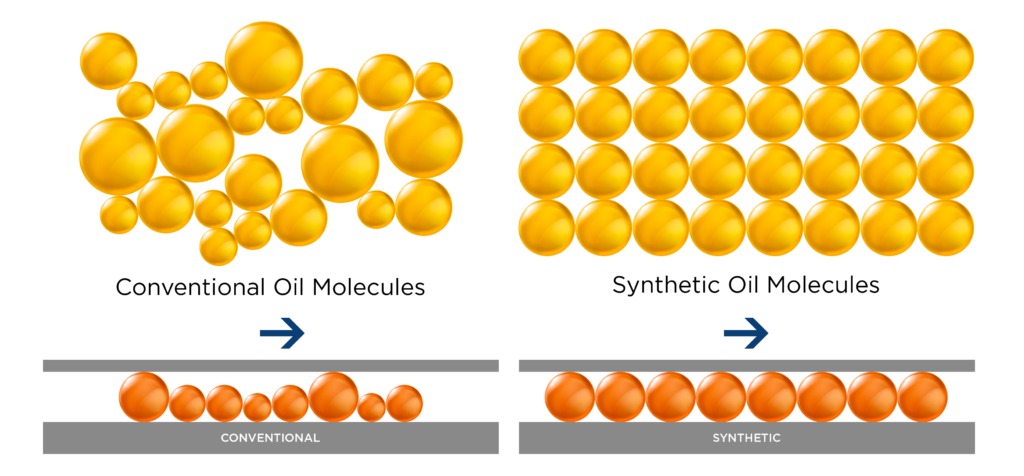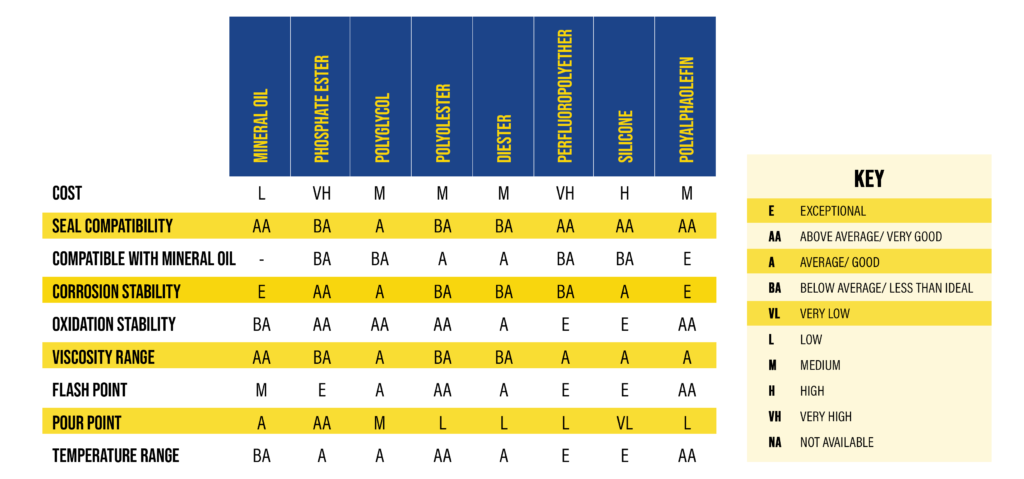Synthetic oils have become essential components in various industries, providing unparalleled performance and protection for machinery. Fluid Solutions, the premier synthetic oil provider in Philippines, offers a range of these advanced lubricants. This article offers a straightforward overview, defining synthetic oils, exploring common types, highlighting their advantages over mineral oils, discussing semi-synthetic lubricants, and emphasizing the importance of consulting with the lubrication experts. Understanding the different types of base oil is crucial for optimizing machinery performance.

[Image Alt Text: Navigating Synthetic Lubricants: Types and Advantages]
Synthetic Oils
Synthetic oils are precisely engineered lubricants formulated in laboratories to meet specific performance criteria. Unlike mineral oils derived from crude oil, synthetics are crafted from carefully selected base oils and additives. They are produced chemically, to perform better than Group I, Group II, and Group III mineral-based oils. The molecular structures of synthetic base oils are tailor-made to be smaller, uniform, and more stable, ensuring optimal performance across diverse applications.

[Image Alt Text: Molecular Structure of Synthetic Oil vs. Conventional Oil]
Common Types of Synthetic Oils
Polyalphaolefin (PAO)
PAO synthetic oils are known for their excellent thermal stability and resistance to oxidation. They perform well across a broad temperature range, making them suitable for both high and low-temperature applications.
Ester-based Oils
Ester-based synthetic oils are celebrated for their superior lubricity and biodegradability. Often chosen for applications requiring extreme pressure and temperature resistance, these oils provide exceptional performance.
Polyalkylene Glycol (PAG)
PAG synthetic oils are valued for their outstanding anti-wear and extreme pressure properties. They find common usage in industrial gearboxes and hydraulic systems.
Advantages of Synthetic Oils Over Mineral Oils
Temperature Stability
Synthetic oils exhibit superior thermal stability, resisting breakdown at high temperatures. This characteristic ensures consistent lubrication performance, even in demanding operating conditions.
Oxidation Resistance
Synthetic oils are less prone to oxidation compared to mineral oils. This resistance minimizes the formation of sludge and deposits, promoting cleaner and more efficient machinery operation.
Wear Protection
The molecular precision in synthetic oils provides enhanced wear protection, reducing friction and extending the lifespan of machinery components. This is particularly advantageous in high-stress environments.
Cold-Weather Performance
Synthetic oils maintain their fluidity in cold temperatures, unlike mineral oils that can thicken. This property ensures effective lubrication even in sub-zero conditions, a critical factor for machinery operating in diverse climates.
Semi-Synthetic Lubricants
Semi-synthetic lubricants, also known as blends, combine synthetic and mineral oil components. This hybrid approach aims to harness the benefits of both types while managing costs effectively. Semi-synthetics offers improved performance over pure mineral oils, providing a cost-effective solution for various applications.
Applications of Synthetic Lubricants
The versatility of synthetic lubricants spans a multitude of industries and applications. From automotive engines and aerospace systems to industrial machinery and beyond, synthetic lubricants are favored where optimal performance, extended service intervals, and resistance to extreme conditions are paramount. Their ability to excel in high-temperature environments and demanding operational settings makes them indispensable in critical machinery.
Synthetic Lubricants Explained
Synthetic lubricants are precisely engineered solutions created in laboratories. Unlike conventional mineral-based lubricants, synthetics are designed for specific performance and durability standards. Synthetic base oils form the core of these lubricants, contributing to their exceptional qualities.

[Image Alt Text: Synthetic Oils]
Advantages of Synthetic Base Oils
Thermal Stability
PAO and esters exhibit remarkable thermal stability, ensuring lubricants maintain their integrity and performance under high-temperature conditions.
Extended Lifespan
Synthetic base oils resist oxidation, contributing to a longer lubricant life. This not only enhances equipment longevity but also reduces maintenance requirements.
Low-Temperature Performance
Synthetic lubricants, thanks to their carefully engineered base oils, perform exceptionally well in low temperatures, ensuring reliable lubrication even in cold environments.

Difference Between Mineral Oils and Synthetic Base Oils
The contrast between mineral oils and synthetic base oils lies in their origin and composition. Mineral oils are extracted from crude oil, whereas synthetic base oils are intricately synthesized. This synthetic process allows for precise engineering, resulting in consistent and exceptional performance characteristics. Synthetic base oils resist temperature extremes, oxidation, and exhibit enhanced stability, setting them apart from their mineral oil counterparts.

[Image Alt Text: Molecular Structure of Mineral Oil vs. Synthetic Oil]
Consult with Lubrication Experts
For businesses seeking to optimize machinery performance, consulting with lubrication experts is invaluable. These professionals can assess specific operational requirements, recommend the most suitable synthetic oils or blends, and guide maintenance practices. Their expertise ensures that businesses make informed decisions, optimizing machinery performance and minimizing downtime.
Maximize Machinery Performance with Expert Lubrication Solutions
Fluid Solutions is the best industrial lubrication solutions provider in the Philippines. Our team of experts can assist you with synthetic oil costs and the difference between full synthetic oil and blends that you’ll need to make informed choices. Contact Fluid Solutions today at (02) 8370 5928 / (0917) 844 9156 or via email at inquiry@fluidsolutions.com.ph to learn more about how we can enhance the performance and longevity of your equipment.


